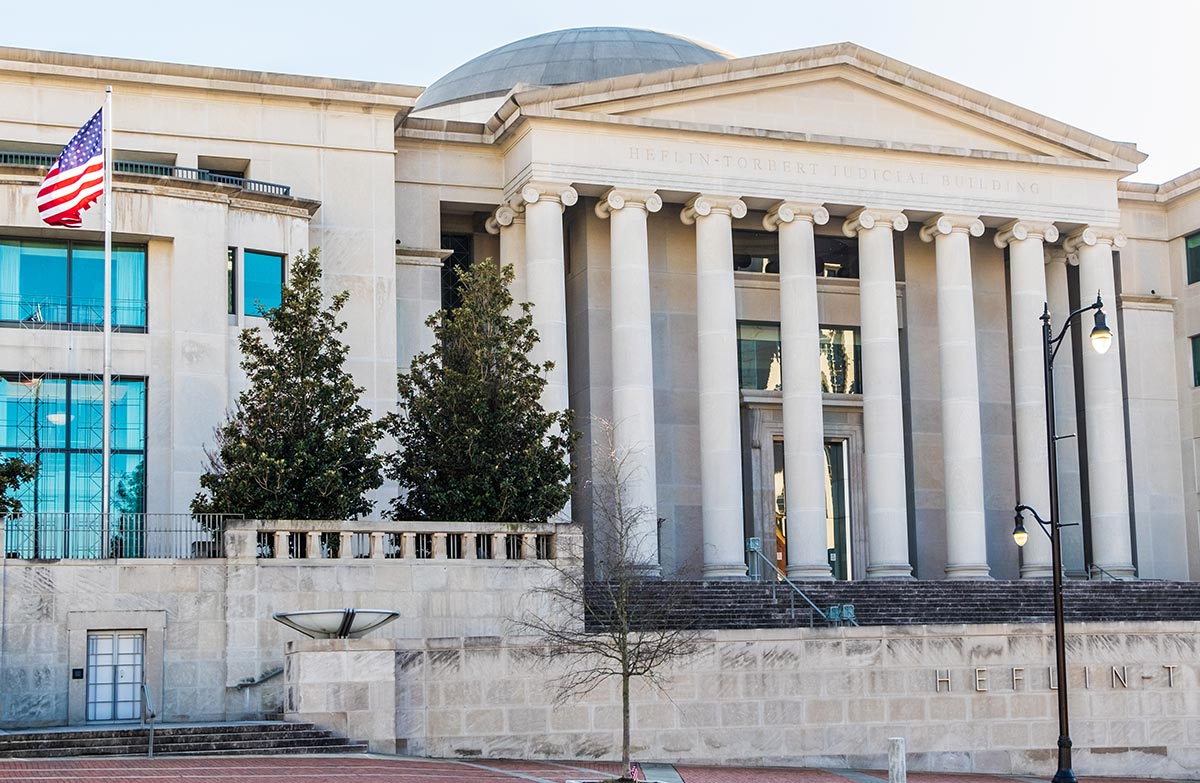The Court of Criminal Appeals released a new batch of opinions on Friday including some wins for the defense. Here is a short summary of the noteworthy decisions.
Wahlgren v. State
In Wahlgren v. State, the Court of Criminal Appeals reversed Wahlgren’s domestic violence conviction on double jeopardy grounds. Wahlgren had separate domestic violence charges in district court and circuit court based on the same allegations and pleaded guilty to the charges in district court. Because the charges related to the same allegations, the district court charge was a lesser included offense of the circuit court charge. This meant that once Wahlgren pleaded guilty to the district court charges, the circuit court charges should have been dismissed as violations of the Double Jeopardy Clause.
State v. Mack
Alisha McKay with our office handled this case on appeal.
In State v. Mack, the Court of Criminal Appeals affirmed the circuit court’s granting of Mack’s Rule 32 petition. Mack was convicted of capital murder in a 1993 case and has been on death row. The circuit court found that Mack’s trial counsel had not provided constitutionally effective assistance based on their failures to properly investigate Mack’s background for mitigation evidence to present at the penalty phase. The State appealed the circuit court’s order, but the Court of Criminal Appeals affirmed finding no error in the circuit court’s order. When a circuit court grants Rule 32 relief—usually for ineffective assistance of counsel—the circuit court’s order gets a lot of deference regarding its factual and credibility findings. This case is an example of how important it is to provide circuit court’s with plenty of evidence supporting your claim to backup that deference if they can be convinced to grant relief.
State v. Williams
In State v. Williams, the Court of Criminal Appeals addressed how speedy trial violations should be considered in cases when charges were initial brought, no billed by the grand jury, and then years later the grand jury indicted the defendant. More than ten years after the grand jury no billed murder charges against Williams, a grand jury indicted Williams based on DNA evidence that had not been available at the time the original charges were no billed. The issue was that law enforcement had had a report providing a DNA link between the murder and Williams for several years at the time of the indictment.
On appeal, the Court of Criminal Appeals reversed the circuit court’s order dismissing William’s charges on speedy trial grounds. The Court held that in circumstances like this—where the initial charges were no billed, the defendant was released, and there was no showing of bad faith by the state—the period between the grand jury’s decision to no bill the case and the later indictment does not count as part of the time period used to evaluate speedy trial claims.
Ex parte Carter
In Ex parte Carter, the Court of Criminal Appeals addressed issue related to bail changes in the wake of the Aniah’s Law Amendment. The main issue was the definition of bailable offenses. Under Rule 4.3(B)(3), Ala. R. Crim. P., a person is supposed to be brought before a judge within 72 hours of arrest or they are entitled to the minimum bond—unless they are charged with a nonbailable offense. Aniah’s Law changed the list of bailable offenses by excluding a number of offenses. Bailable in this context doesn’t mean that someone is categorically eligible or ineligible for bail based on the offense; instead, it means that a person has a right to bail for the offense.
In Carter’s case, Aniah’s Law removed first-degree rape from the list of bailable offenses. This meant that he was not entitled to the minimum bond under Rule 4.3(B)(3).
The Court also rejected Carter’s claim that applying Aniah’s Law to him violated the Ex Post Facto Clause because the offense occurred before Aniah’s Law went into effect. The Court rejected this argument because the Ex Post Facto Clause only prohibits increasing punishment for offenses after the offense has occurred. Legally, bail is not a punishment. Therefore, there are no Ex Post Facto issues with Aniah’s Law.

